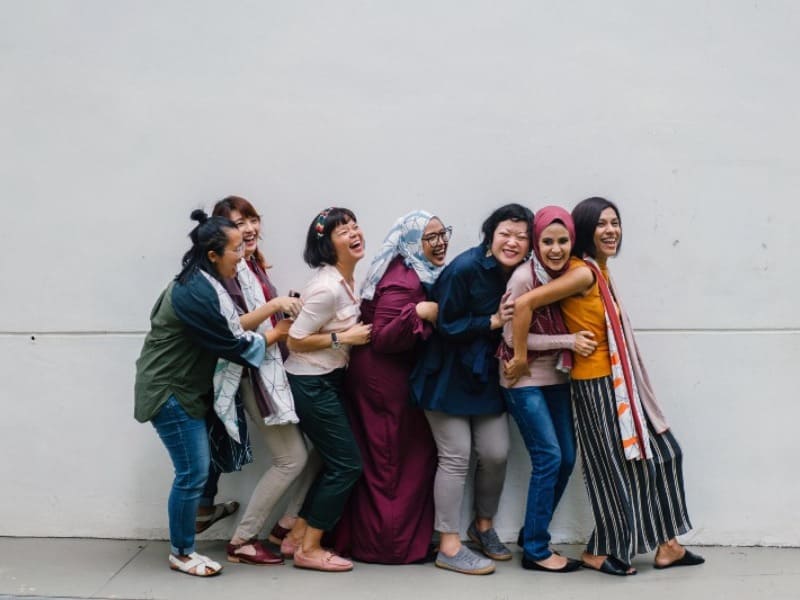Excerpt from ESOMAR Asia Pacific 2014 Conference paper:
Indonesia remains largely a traditional society, with a highly collectivist culture and strong importance placed on tradition and religion. Indonesians also show high power distance and a need for harmonisation. These factors have a huge impact on teens.
A largely ethnographic piece of research was conducted with fourteen girls aged 11-19 years (and each of their friendship groups) in Jakarta. Methods included: self-directed ethnography, observation with friendship group, social media monitoring, trendsetter interviews.
We see several opposing forces impacting on the teens lives.
- Tension 1: The balance of distinctiveness vs. conformity. Teens need to balance their developmental stage of seeking independence and self-identity against a strong collectivist and traditional cultural definitions.
- Teens use their close friendship group to create distinctiveness within the collectivist framework - a way to safely stand out and be distinctive without breaking societal norms.
- Teens use social media as a safe way to show teen's individuality, without being seen to ‘show off' or be too different.
- Tension 2: Finding their own voice and creative self-expression within the cultural boundaries. Creative self-expression and open dialogue on social media also has the power to drive youth opinion, encourage creative expression and even entrepreneurship.
- Tension 3: Balance their own needs with those of her parents and society - there are clearly defined expectations on teens, their parents are very involved and there is a strong pull to stay close to the family unit. Often individual aspirations and desires hit a wall of collectivism.
- The close friendship group is key in negotiating this tension - their grounding force, their voice of reason, enabler of harmony, ensuring balance.
- A few teens are starting to play the system, negotiate and trade off on big life.
- Tension 4: Balance modern, global influences with Indonesian tradition and culture. Hybridisation of Indonesian, Islamic and western influences e.g. the trendy hijab; creative arts etc.
Implications:
Generation Z represents a changing force in Indonesia, yet the need to balance the pace of change whilst staying true to their cultural roots and expectations is very apparent. It is important for brands to keep abreast of these changes and to understand this unique psyche.
We have seen that teens interact and portray themselves in very different ways, depending on the medium and the situation. Therefore, from a research perspective, a mixed methodological approach is imperative and should include: online activity, observation, self-directed methods, allowing teens self-expression, observational research and discussions with teens (alone, and with the friendship group).
For marketers and brands, there are many things to consider when targeting and communicating with this target. It is important to acknowledge and understand the core tensions and forces on play in teens' lives. It is important to talk teen's language, show an understanding of their need to break free and strive for independence, yet in a culturally relevant way and without being over rebellious as such.


